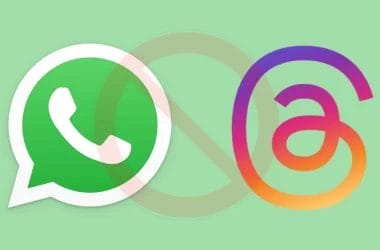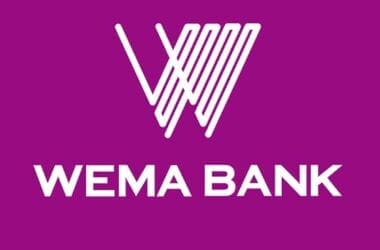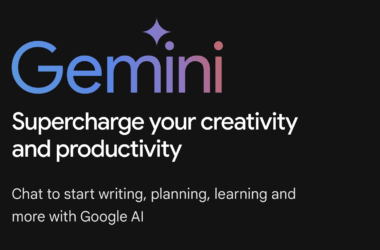Following the incessant complaints from GSM subscribers in Nigeria about unsolicited calls and SMS clogging their phones, the regulator—NCC— issued a directive to the mobile network operators (MNOs) to curb future occurrence.
That directive which gives subscribers the freedom to choose what messages to receive from the various networks took effect from July 1, 2016.
This action was taken in order to protect subscribers from the nuisance of unsolicited texts, and therefore a direct regulatory response to the yearnings of the subscribers.
Mr. Tony Ojobo, Director of Public Affairs, Nigerian Communications Commission (NCC)
NCC’s approach was to enforce a 2442 “Do Not Disturb” shortcode, which required the opt-in of subscribers before they received messages on any topic ranging from banking, sports, religion and more. In some cases, subscribers that never want to receive any of such messages could simply send STOP to the 2442 shortcode and they will never receive any unsolicited message from their network operator.

Concession on the grounds of voters education
In light of the coming elections—Presidential and National Assembly—slated for Saturday, February 16, 2019, NCC has temporarily suspended the DND preferences of subscribers to allow MNOs disseminate voter education information.
Combined, the last-mile distribution powers of the telecom operators is unmatched, with a mobile penetration of about 90%.
According to the NCC, there were 172.48 million GSM subscribers, as at December 2018. This vast reach of the telecom operators is what makes it a preferred vehicle for viral information dissemination.
Voters education means providing citizens of a democracy with basic information about participating in elections, says Polyas—a German market leader in online voting systems. If voters are well informed on how to vote (not who to vote for), it could lead to a credible election result (one which majority of the people consciously voted for).
At this stage, an appropriate voters education in Nigeria would include information on:
- where to vote, aka appropriate polling units
- how to vote on the D-Day, such that it is valid
- what do after voting, to ensure it is counted
Nigeria is facing very low participation in elections and this voters education could see the participation rise from the 43% of registered voters (in 2015) which was just 29,432,083 million people.
The regulators have their work cut-out for them as they have to do the unsexy job of monitoring the kind of messages transmitted by the MNOs to ensure it is neutral and non-partisan.
As an Amazon Associate, TechCity may earn a small commission if you shop these products.
















